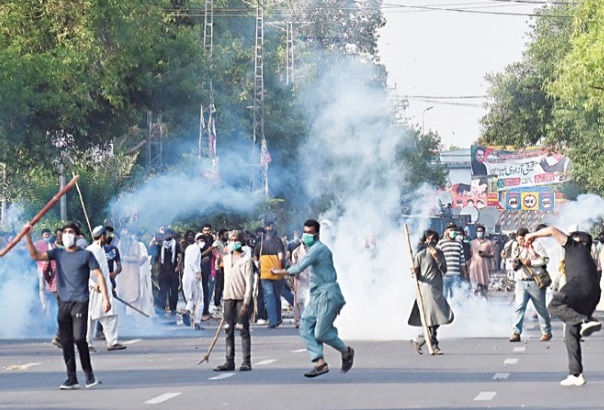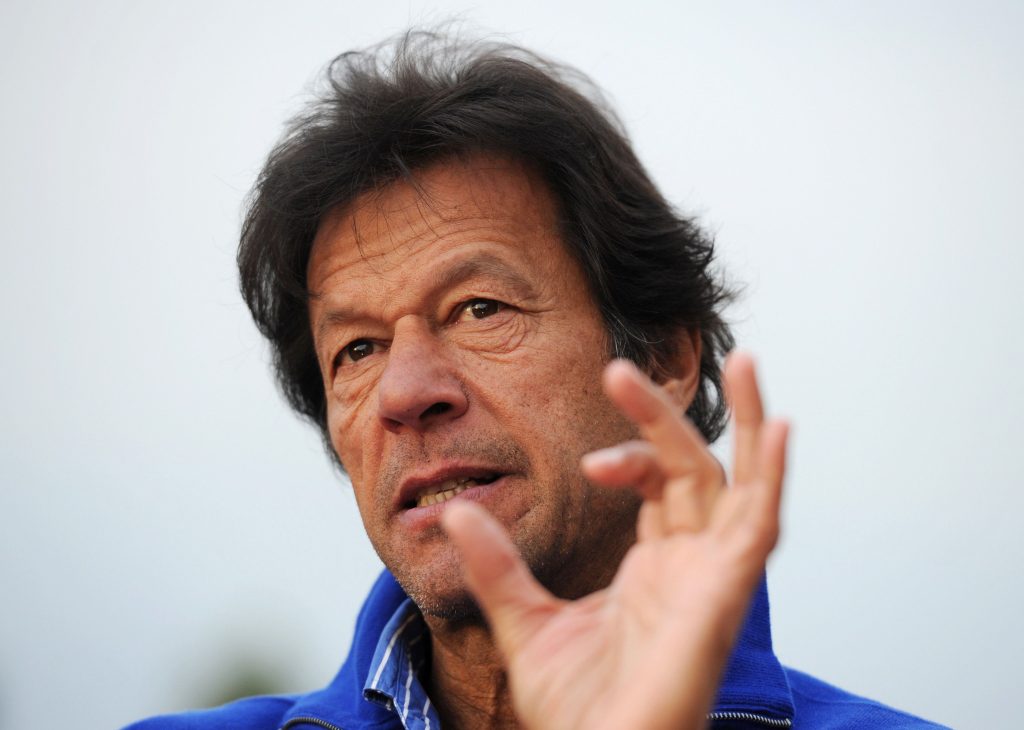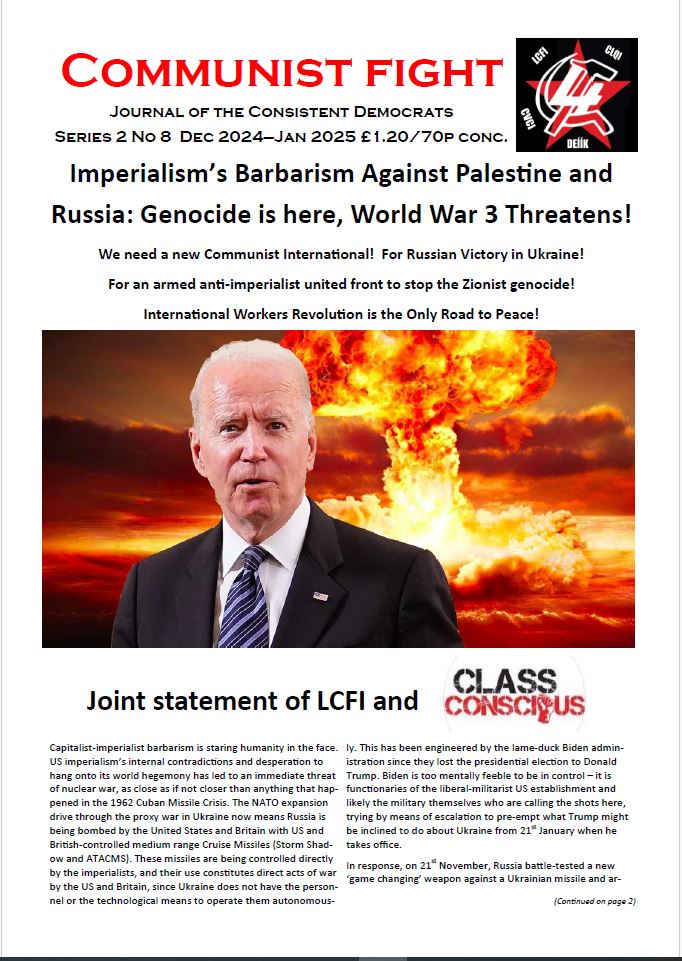
A real political upheaval and a popular rebellion has been unleashed in Pakistan following the arrest of former Prime Minister Imran Khan. In 2022, Khan was ousted from the government by the pro-imperialist right-wing opposition. In 2023, in the middle of the election campaign, he suffered an attack at a rally having his legs machine-gunned. The fact that he did not die in the attack, unlike former Prime Minister Benazir Bhutto, who was victimized in a similar situation, further increased the popularity of Khan, the favorite candidate of the working population.
After the masses summoned by the Pakistan Movement for Justice, PTI, took to the streets and violently clashed with the repressive forces, the regime split and the country’s Supreme Court recognized that Khan’s arrest was illegal, demanding his immediate release.
Several factors have made Khan and his party leaders of the current political process. 1. centuries of resistance to imperialist oppression, since the British Empire, as Marx and Engels have already recorded; 2. border conflicts with India over Kashmir artificially provoked by the regional ruling classes since 1947; 3. two decades of the U.S. military invasion of Afghanistan, the longest tenuring occupation of the twenty-first century which aggravated national oppression in Pakistan; 4. The political decay of the Pakistan Peoples Party, once the dominant seemingly leftist party in Pakistan and indeed Asia. All these elements have caused a previously irrelevant political organization to capitalize on popular discontent by criticizing imperialist geopolitics over the country and approaching Russia and China at a time of declining U.S. hegemony and rising Eurasian bloc.

The former cricketer was elected in 2018 on a programme of pacification of relations with India, rapprochement with China and Russia, having carried out a gas pipeline construction agreement with Russia, the Pakistan Streamer, in 2020. The PTI is a bourgeois party that seeks reforms of the political regime, defending a welfare state against the extreme concentration of wealth and religious discrimination.
The PTI began its project on the Pakistani political scene (then dominated by the Islamist right of the PML-Q identified with the military dictatorship of Pervez Musharraf (1999-2008), and the PPP) after it organized a protest against drone strikes in Pakistan on November 23, 2013 in Peshawar. It called on the federal government to force an end to US CIA drone strikes and block NATO supplies through the country to Afghanistan. “We will put pressure on America and our protest will continue if the drone strikes are not stopped.”
Communists must support all actions of the oppressed peoples and their political representatives against imperialism and demand freedom and full political rights for nationalist leaderships, in this case, Khan. At the same time, we point out that its bourgeois political program and its defense of the multipolar capitalist world are insufficient to rid Pakistan of all national and social oppression and that only through a socialist revolution is it possible to eliminate the deep scourges imposed by capitalism on the population such as extreme social inequality and religious oppression.

